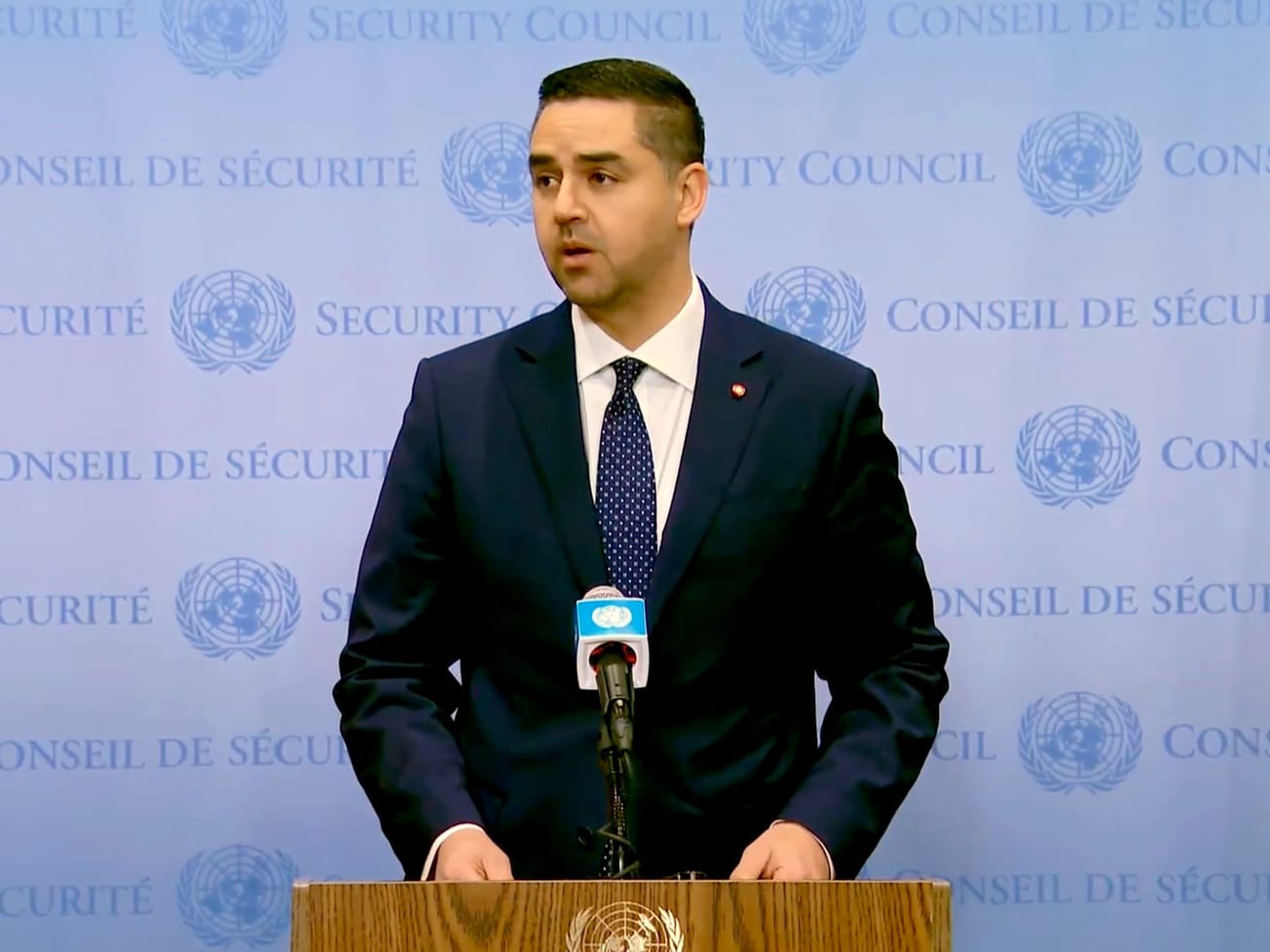The United States vetoed a United Nations resolution that had broad support for extending full member status to the state of Palestine.
The 15-member U.N. Security Council voted 12-1 for the resolution on Thursday; just nine were needed for it to pass. Two members, Switzerland and the United Kingdom, abstained. But the U.S. veto, a power shared by four other members – China, France, Russia and the U.K. – was decisive.







